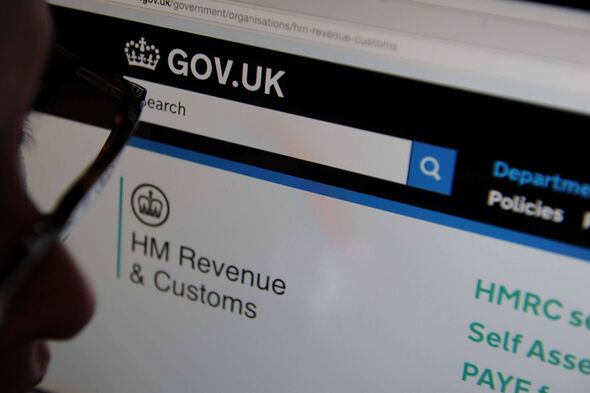
The Self Assessment deadline is on January 31 (Image: Alamy/PA)
The festive season has passed and the tax return period is now in full swing. Pensioners, especially those who have recently retired and are new to receiving a pension income, may be wondering if they need to file a tax return.
Aatif Malik, director at Tax Accountant, has shed light on this issue ahead of the tax return deadline on January 31, 2025. It’s a common misconception that income from pensions – particularly the State Pension, a regular payment from the government to all individuals of State Pension age, is not taxable. However, as Aatif clarifies, this is not the case
Do pensioners need to file a tax return?
If you’re receiving both a private pension and the State Pension as income, Aatif explains that you typically don’t need to file a tax return for your pension.
This is because your pension provider, working alongside HMRC, which assigns tax codes to each type of pension, will usually deduct any tax you owe through a Pay As You Earn (PAYE) system, and pass it onto HMRC before they pay you the money.
HMRC will take charge of calculating the tax owed on your State Pension and adjust your private pension’s tax code accordingly, ensuring that taxes due on both your private and State Pensions are taken from your private pension. In a similar vein, if you’re receiving both a Workplace Pension and the State Pension, your Workplace Pension Provider will use the tax code from HMRC to deduct the tax you owe before paying you any money.
For those whose sole income is the State Pension, and it exceeds the Personal Allowance threshold of £12,570 for the 2023/24 tax year, HMRC will issue a Simple Assessment Tax Bill. The Simple Assessment method is employed by HMRC to collect tax that can’t be gathered through the PAYE system, as with private or workplace pensions, and when there’s no need for a self-assessment tax return.
However, HMRC may still require a self-assessment tax return in certain situations, determined by individual financial circumstances.
Aatif explained: “So, if you receive the State Pension as your only source of income and it exceeds the Personal Allowance of £12,570 (for the 2023/24 tax year), you will pay it via the Simple Assessment system. You will be notified by letter about how much you owe and how to pay it. If your State Pension is the same as or lower than your Personal Allowance, you will not usually have to pay tax.
“You can pay your Simple Assessment Tax bill online, via bank transfer, or by cheque, and your letter will tell you the deadline by which you must pay it. You will only be taxed on the amount you earn above £12,570, not on the whole amount.”
Aatif, discussing those who receive the State Pension and continue to work, said: “If you continue to work after you have started receiving the State Pension, your employer will usually take off any tax you owe. While tax is not directly deducted from your State Pension, HMRC will issue you with an adjusted tax code. This will allow your employer to deduct the correct amount of tax from all your taxable income via PAYE.”
He added: “It’s important to notify HMRC about any additional income you receive while on the State Pension so that they can ensure they issue correct tax codes for you. If you believe your tax code is incorrect, you should contact HMRC.”
For self-employed individuals, a Self Assessment tax return must be completed. Paper tax returns need to be submitted by midnight on October 31, 2024, and online tax returns by midnight on January 31, 2025.
The Self Assessment tax return is used to submit overall income, including earnings in the last tax year – April 6, 2023, to April 5, 2024 – through self-employment, the State Pension and any money from private or workplace pensions.
Pensioners with additional income streams may need to file a self-assessment tax return, warns financial expert Aatif. He cautions that beyond regular pensions and wages from ongoing work, other sources of income such as property rentals, savings, investments and sales leading to capital gains could obligate pensioners to report to HMRC.
Aatif advised: “The concept of tax returns can feel overwhelming, particularly with pensioners who are adjusting to new sources of income and may have multiple pensions. But knowing where you stand, and following the steps above will help you find clarity as to whether or not you need to submit a self-assessment tax return as a pensioner. Ultimately, every person’s situation can be different, and so it’s a good idea to contact HMRC personally if you have further questions about whether you need to submit a tax return.”
